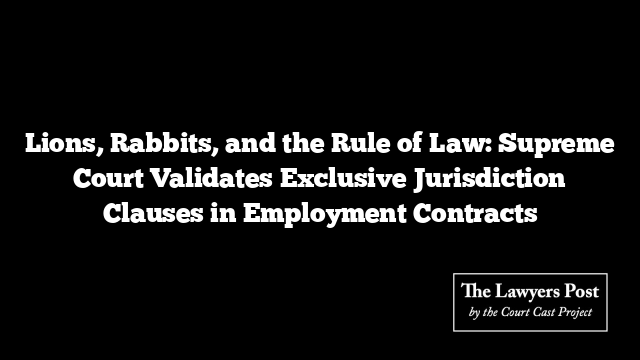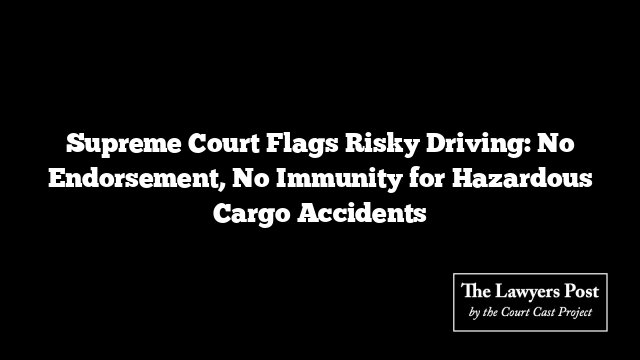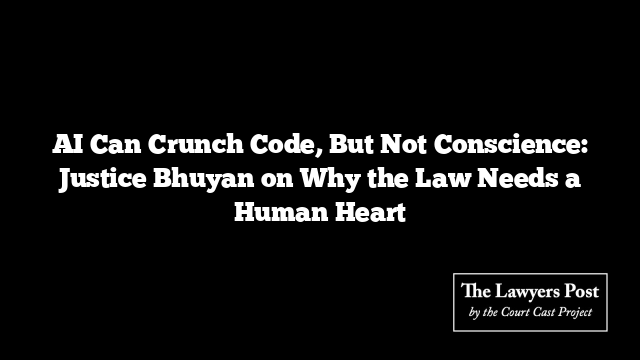In a ruling that cuts through courtroom confusion with clarity and conviction, the Supreme Court has laid down the law on exclusive jurisdiction clauses in contracts—declaring them not just permissible, but necessary in many cases, especially in the private sector.
The bench, comprising Justices Dipankar Datta and Manmohan, settled two appeals involving HDFC Bank employees, where the central question revolved around the validity of an exclusive jurisdiction clause pointing to Mumbai courts. The employees had filed suits elsewhere—Delhi and Patna—but their contracts had clearly stated that Mumbai was the only legal battleground.
The crux? Section 28 of the Indian Contract Act, 1872, does not invalidate these clauses. It prohibits blanket bans on legal recourse or unfair limits on when one can sue—but it does not stop parties from agreeing to a particular court, provided that court has proper jurisdiction to begin with.
The Court made it simple:
- The clause must not outright deny access to justice.
- The chosen court must already have jurisdiction by law.
- The contract must expressly or implicitly point to one specific legal venue.
In this case, the Mumbai connection wasn’t a stretch—it was the epicenter. Employment decisions, appointment letters, terminations—all originated in Mumbai. So, the Supreme Court held, Mumbai courts were a legitimate legal home for the dispute.
The bench didn’t shy away from addressing the elephant in the room—the supposed power imbalance between employer and employee. With disarming frankness, the Court dismantled that argument:
“A lion and a rabbit may sign the same contract, but the law doesn’t wear glasses to see who’s bigger.”
In other words, a valid contract binds both, regardless of how ferocious or fluffy the parties may appear.
The ruling explicitly overruled a previous Delhi High Court decision in Vishal Gupta v. L&T Finance, which had tried to soften contractual terms based on perceived imbalance. The Supreme Court wasn’t buying it. Rights and obligations don’t bend for sentiment, said the justices—they’re anchored in law.
In the end, the Court affirmed the Patna High Court’s ruling (which had tossed the Patna suit) and overturned the Delhi High Court (which had allowed the Delhi case to proceed). The final directive? File fresh suits, if at all, in Mumbai—the only court contractually chosen by both parties.
With this ruling, the Supreme Court hasn’t just upheld a legal clause—it’s drawn a clean line through legal uncertainty, reminding everyone that when contracts speak clearly, the courts must listen.





